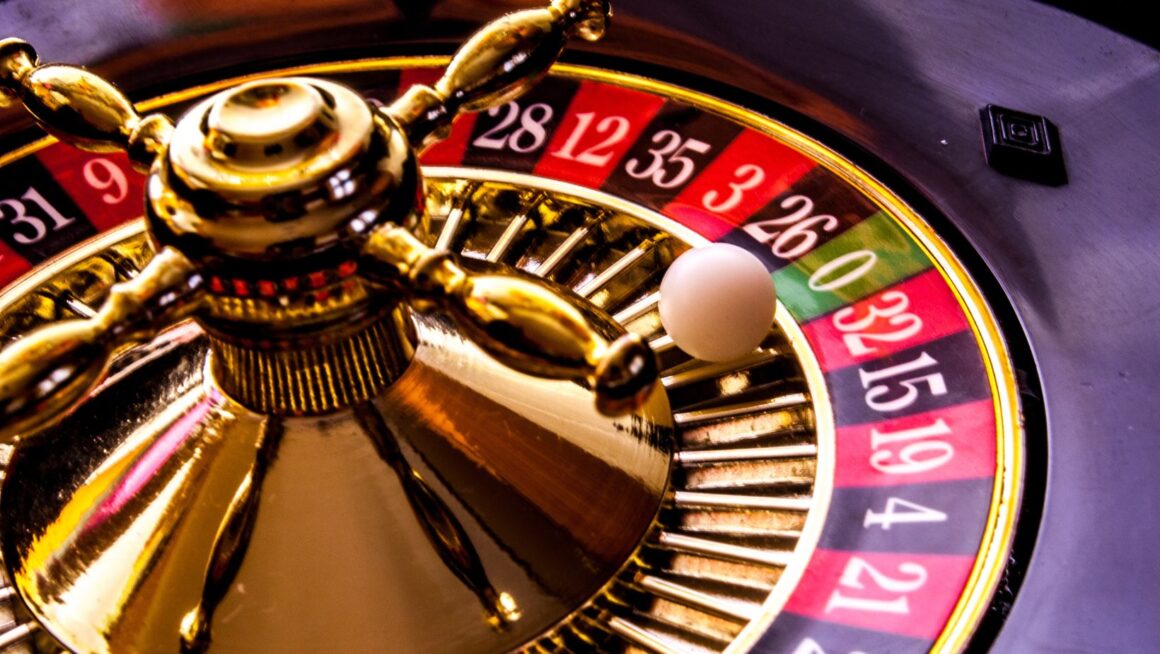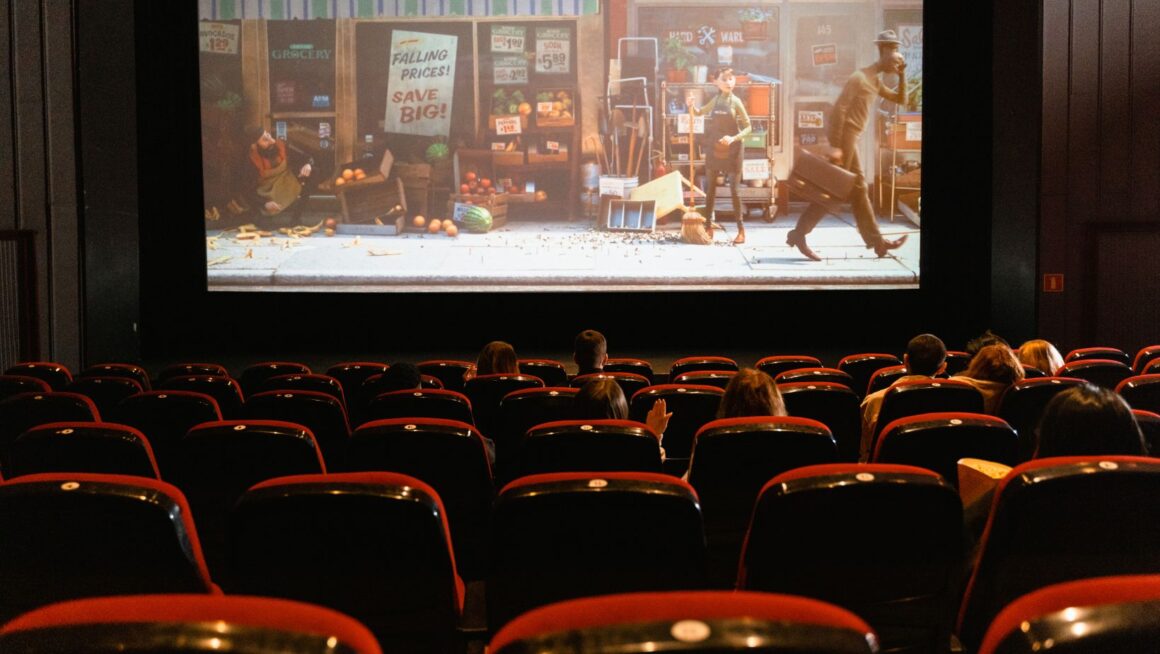I used to bet like a fan, not a gambler. My favorite team? Automatic bet, even when they sucked. Player I hated? Bet against them just because. Revenge bets after bad losses? You bet.
It took losing $2,400 in one particularly emotional month to realize my feelings were destroying my bankroll. Here’s the systematic process I built to remove bias from my betting decisions.
Logic-based betting flourishes at Betano Germany, where licensed operations across 30+ sports provide the structured environment emotional detachment requires. Their €80 welcome bonus plus €20 free bet reward systematic approaches, while 1.65 minimum odds prevent desperate low-value chasing bets.
The Emotional Betting Disaster
My worst month started when my team’s star player got injured. Instead of adjusting my bets logically, I doubled down out of loyalty. “They’ll fight harder without him,” I told myself.
They lost five straight games. I lost money on every single one.
Then came the revenge betting. After each loss, I’d find another game to “get even.” By month’s end, I’d blown through my bankroll and had to face reality: my brain was the problem.
Step 1: The Pre-Bet Checklist
Now I never place a bet without running through this list:
Am I betting on this team because I like them? If yes, I automatically skip the bet.
Am I trying to get even from earlier losses? If I’m chasing, I close the app immediately.
Can I name three specific reasons for this bet that have nothing to do with my emotions? If not, it’s not a real bet—it’s gambling on feelings.
This simple checklist kills about 40% of the bets I used to make. And those were always my worst bets.
Step 2: Remove the Names
When analyzing a game, I replace team names with neutral labels. Instead of “Lakers vs Celtics,” I think “Team A (ranked 8th in offense, 15th in defense) vs Team B (ranked 3rd in offense, 6th in defense).”
Suddenly, I’m not betting on history or rivalry. I’m just looking at numbers and matchups.
Why this works: Your brain has emotional connections to team names. “Lakers” triggers memories and biases. “Team A” is just data.
Step 3: The 24-Hour Rule
For any bet over $100, I wait a full day before placing it. I write down my reasoning, then revisit it 24 hours later.
You’d be amazed at how different things look after sleeping on it. That “sure thing” usually shows cracks when you examine it with fresh eyes.
Step 4: Track Your Bias Patterns
I keep a separate spreadsheet tracking the emotional state behind each bet:
- “Confident” bets (based on research)
- “Loyalty” bets (my teams)
- “Revenge” bets (chasing losses)
- “Gut feeling” bets (no real analysis)
After three months, the pattern was clear: Confident bets hit 58%. Everything else was break-even or worse.
Step 5: Betting Limits by Confidence Level
I created a tier system for bet sizing:
Tier 1 (highest confidence): Up to 3% of bankroll
Tier 2 (solid reasoning): Up to 2% of bankroll
Tier 3 (decent spot): Up to 1% of bankroll
Tier 4 (borderline): No bet
The key is being honest about which tier a bet belongs in. Most bets I used to think were Tier 1 were actually Tier 3 or 4.
What Changed After De-Biasing
I bet way less often. Went from 15-20 bets per week to 4-6. But my hit rate improved dramatically.
Losses don’t tilt me anymore. When a bet loses, I check my process. If the process was sound, I move on.
My bankroll actually grows now. Instead of constant ups and downs, I have steady growth.
 The Hardest Part
The Hardest Part
De-biasing makes betting less “fun” in the short term. No more adrenaline rushes from betting on your team. No more gut-feeling bets.
But here’s what I gained: sustainable profits and way less stress. I sleep better after losses because I know my process was sound.
Your Emotions Are Not an Edge
Everyone thinks their gut feelings give them an edge. Sometimes they do—for one game, maybe two. But over time, emotions are profit killers.
The market is efficient enough that your feelings about teams are already priced in. Your edge comes from process, discipline, and removing the biases that cloud judgment.
It took me $2,400 in losses to learn this lesson. Hopefully, you can learn it cheaper.


